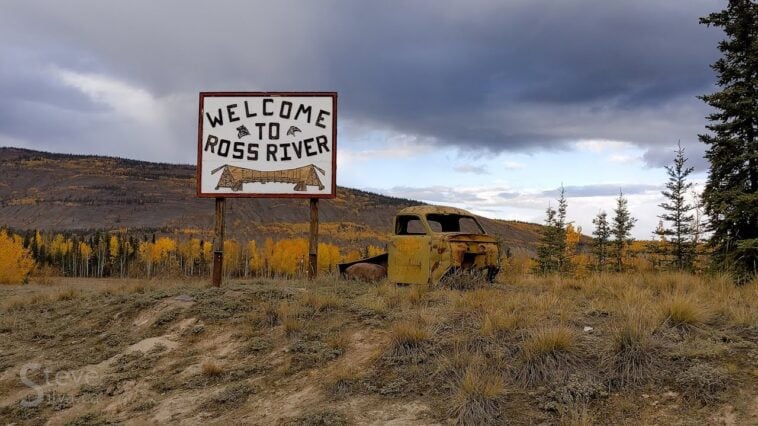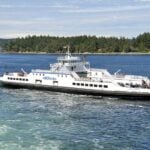The Kaska First Nation’s Ross River Dena Council in the Yukon is leading the effort. They emphasize that this process is rooted in the authority of the Kaska people and based on their rights as a First Nation.
Christopher Addison of Wildlife Conservation Society Canada, which has collaborated closely with the Ross River Dena Council, stresses the importance of recognizing Indigenous sovereignty in conservation efforts. “People want to know where the authority for that comes from, and they’re expecting that to be a legislated authority. And in a lot of cases, that authority is by the right of the First Nation,” Addison said.
IPCAs and Indigenous Sovereignty
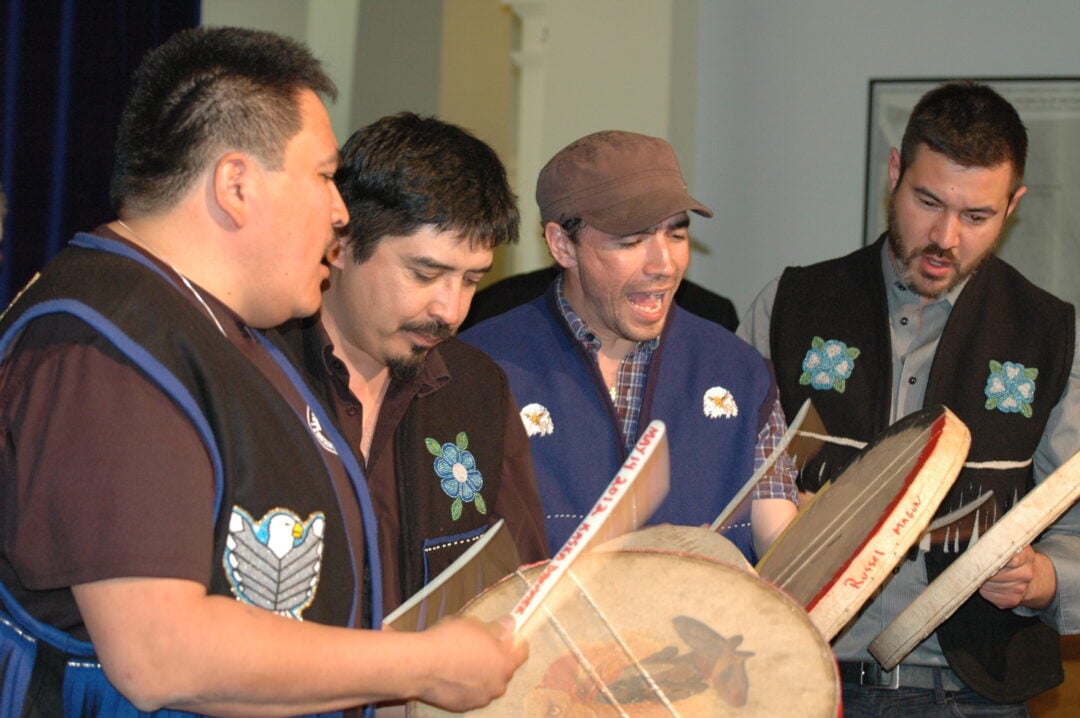
A memorandum of understanding signed recently by the Ross River Dena Council, Parks Canada, and the Yukon government sets the stage for exploring how this land could be protected. This agreement represents a significant step in advancing the IPCA, reflecting Kaska stewardship values and providing an alternative to settling land claims under the Umbrella Final Agreement—a framework the Kaska have historically opposed.
The Kaska oppose the Umbrella Final Agreement because it does not adequately recognize their sovereignty and traditional land rights. They argue the agreement’s provisions could limit their authority over ancestral territories and fail to fully protect their cultural and environmental interests. Additionally, the Kaska are apprehensive about the potential for increased industrial development under the agreement, which they believe could threaten the ecological integrity of their lands.
“I would say that large intact and connected protected areas are one of our best tools that we have to mitigate against climate change and the loss of biodiversity.”
Christopher Addison, Indigenous-led Conservation Specialist at Wildlife Conservation Society Canada
IPCAs are areas managed by Indigenous nations that hold significant cultural and ecological value. They align with federal conservation goals, such as protecting 30% of Canada’s land and water by 2030. The absence of formal legislation for IPCAs means many Indigenous groups must work with government bodies, such as Parks Canada, to safeguard their lands. However, these frameworks and bodies have a history of forcibly removing Indigenous people from their lands and erasing cultural practices.
Addison said that “trust is hard to rebuild” and stressed that communities want to have more of a say in how protected areas are implemented.
“I would say that large intact and connected protected areas are one of our best tools that we have to mitigate against climate change and the loss of biodiversity,” he added.
Challenges from Industrial Development
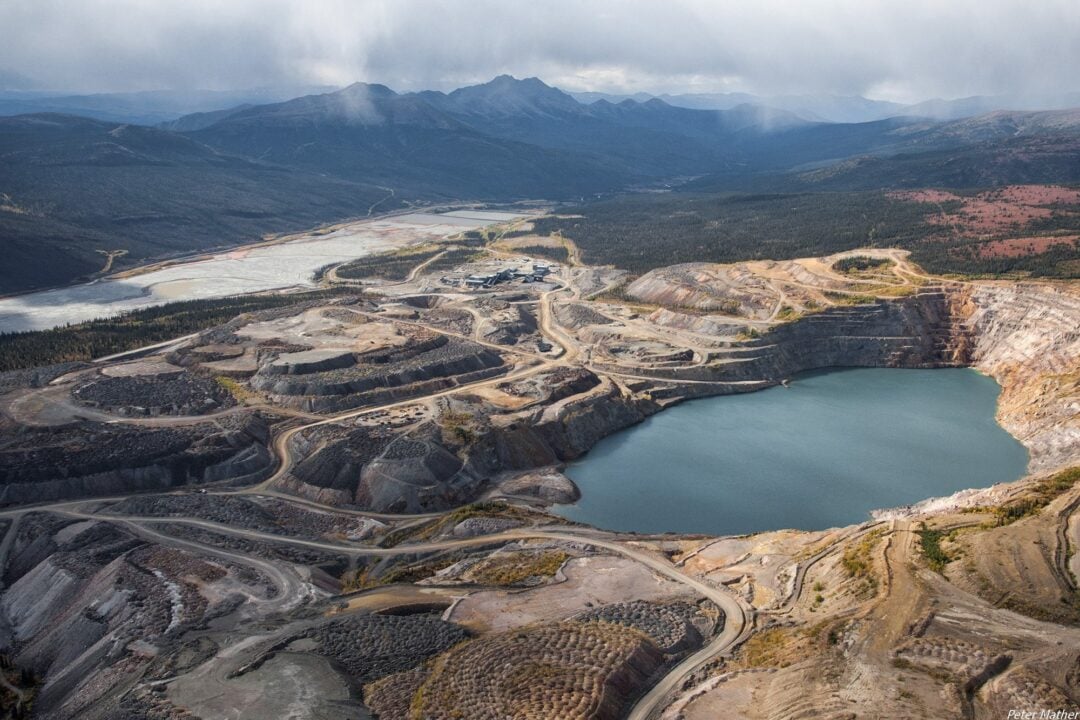
In May, Wildlife Conservation Society Canada released a report stating that the main obstacle to establishing a new protected area in the region is the government’s preference for industrial development over protection.
The region bears significant environmental scars from past mining activities. The abandoned Faro Mine, once the world’s largest open-pit lead-zinc mine, left behind 70 million tonnes of tailings and 320 million tonnes of waste rock. These remnants have the potential to leach harmful metals and acid into the surrounding land and water, posing ongoing risks to local ecosystems and communities.
Additionally, the proposed Kudz Ze Kayah mine project has raised environmental concerns, particularly regarding its potential impact on the Finlayson caribou herd. The Kaska First Nation has expressed apprehension that the mine’s development could disrupt critical habitats and migration patterns essential for the herd’s survival.
“Reconciliation cannot be achieved without attention to these Kaska ancestral laws and associated worldview,” Wildlife Conservation Society Canada’s report states.
The Role of IPCAs in Conservation
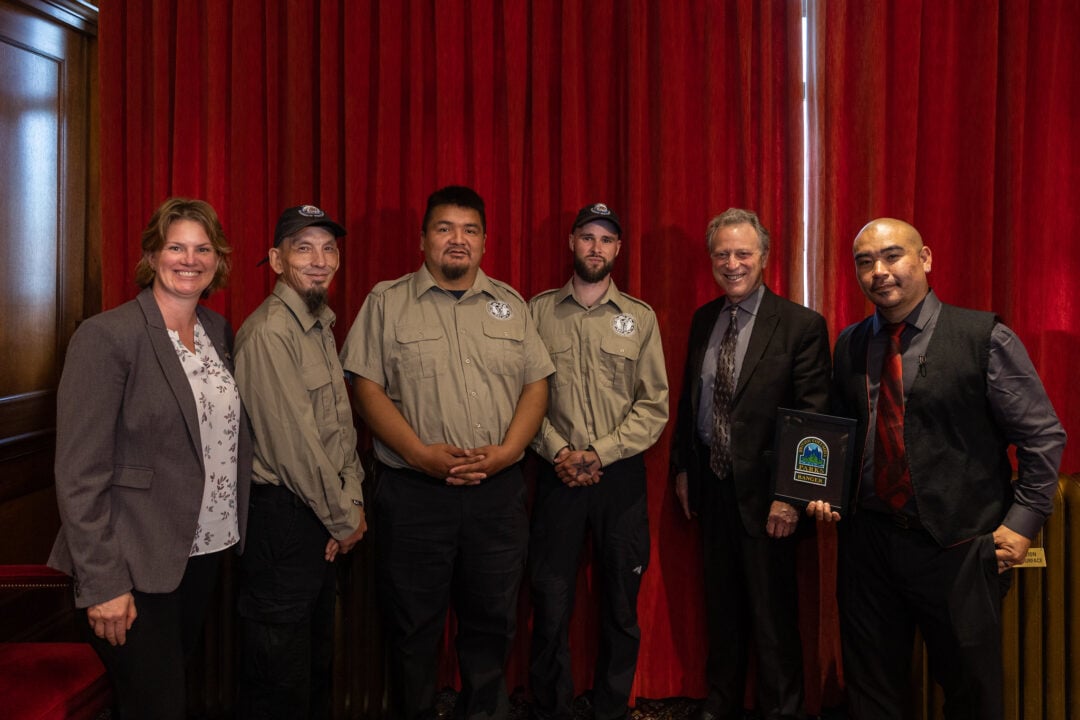
Indigenous Protected and Conserved Areas (IPCAs) in British Columbia and across Canada represent significant efforts toward environmental conservation and cultural preservation.
For instance, the establishment of the Gwaxdlala/Nalaxdlala (Lull/Hoeya) Marine Refuge in Knight Inlet, led by the Mamalilikulla First Nation, has been instrumental in preserving ecologically significant marine habitats. The refuge protects 240 aquatic species, 46 of which are rare and fragile, including red tree corals, yelloweye rockfish, bigmouth sculpins, and cloud sponges.
“Reconciliation cannot be achieved without attention to these Kaska ancestral laws and associated worldview.”
Wildlife Conservation Society Canada
Also, the establishment of the Thaidene Nëné Indigenous Protected Area in the Northwest Territories, co-managed through a $30 million trust fund, has been recognized for its innovative approach to conservation. It received the 2020 Equator Prize for nature-based solutions addressing biodiversity, climate change, and development challenges.
For more on this story, check out this article.


